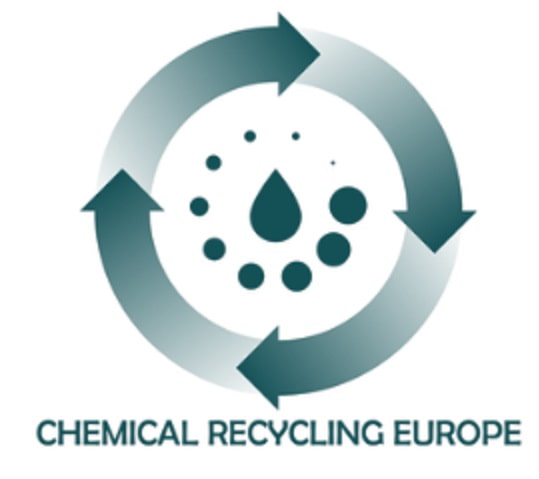Recycled PET – Zero-CO2-car 18-02-2023 - Arhive
Recycled PET – Zero-CO2-car
-Recycled Rubber, Rice Husks and Plastic Bottles: Sustainable Materials in Tire Production
- Continental consistently optimizes its tires in the direction of increasing sustainability
- Target by 2050 at the latest: tires made entirely from sustainable materials
- Maximum safety on the road thanks to the ideal blend of raw materials
Car tires are round, black and made of rubber. Look closer, however, and you’ll see that the design of tires and the interaction of the various materials that go into making them are extremely complex. But for some time now, the material experts and tire engineers at Continental have been bringing about a silent revolution. By 2050 at the latest, all tires are to be made of sustainable materials. There is still a long way to go until then.
But step by step, it is already becoming apparent which raw materials will find their way into tire construction in the future. These include waste products from agriculture – such as the ash from rice husks – rubber from dandelions, recycled rubber or PET bottles.
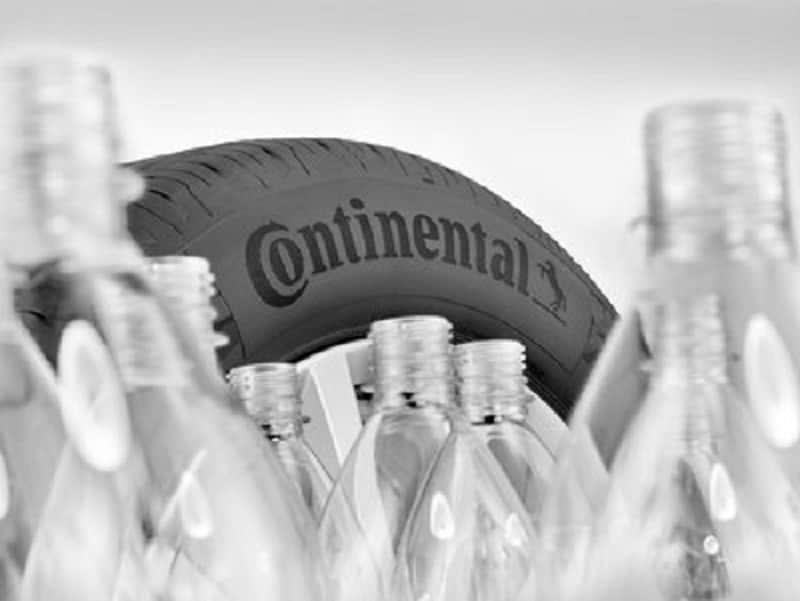
-JEC World 2023 preview: Freudenberg Performance Materials
Freudenberg Performance Materials is presenting an extended range of surfacing veils and core materials for the production of lightweight composite parts.
A new Flex option for the Dieffenbacher (Eppingen, Germany) Fibercon system expands customers’ application possibilities by making consolidation possible independent of the tape layup geometry and layup thickness. This option is available as a retrofit or as part of a new Fibercon system.Recycled PET – Zero-CO2-car
The Dieffenbacher Fibercon system consolidates tape layups into near-net shape laminates with high quality and porosity of less than 1%. According to the company, Fibercon achieves exceptionally good material properties for high-quality components, making it ideal for large-scale production of individual component-specific tape layups. It’s even possible to process high-performance thermoplastics without further adaptation.
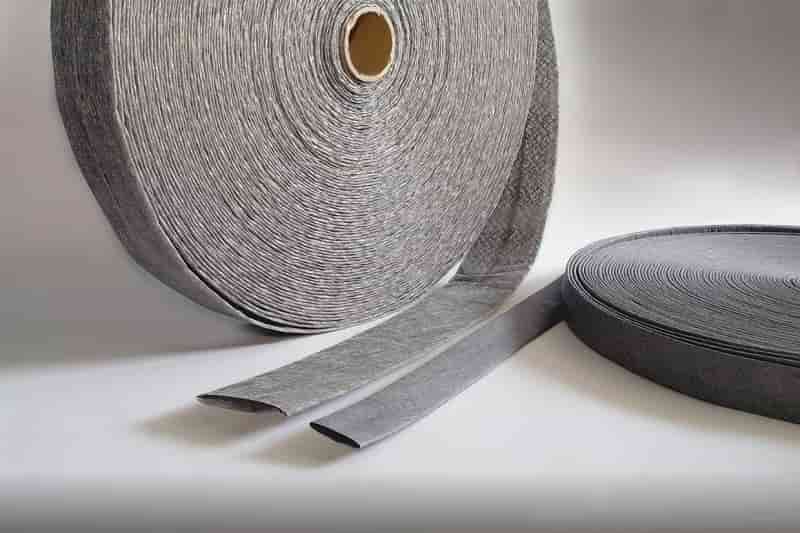
-Techmer PM’s HiTerra™ rPET Revive enhances recycled PET quality
Clinton-based compounder and materials design specialist Techmer PM has developed a solution to the short supply of recycled PET (rPET). Called HiTerra™ rPET Revive, this new concentrate rebuilds the resin’s polymer chains, thereby increasing its viscosity and reducing rPET’s resulting yellowness.
Brand owners are committed to increasing their use of recycled plastics to meet their publicly declared environmental goals, but they are facing more than just technical challenges. These challenges include the short supply and additional cost of high-quality recycled PET. Recycled PET – Zero-CO2-car
The situation is exacerbated because PET thermally degrades when it is repeatedly reprocessed, as these multiple heat histories lead to yellowing and viscosity breakdown, limiting the use of such materials. HiTerra rPET Revive aims to ease the crunch at the molecular level.
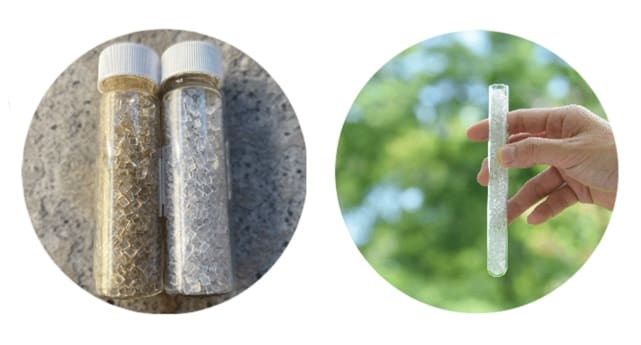
-Petronas green unit buys Australian renewables player Wirsol
Petronas green unit buys Australian renewables player Wirsol Image by WIRCON GmbH on LinkedIn.
Gentari Sdn Bhd, the clean energy platform of Malaysian state-owned oil and gas company Petronas, has acquired Wirsol Energy, the Australian renewable energy business of Germany’s Wircon GmbH, it was announced today. Recycled PET – Zero-CO2-car
The Malaysian buyer is getting a leading player in solar and energy storage in Australia with 422 MW in operating capacity and 765 MW of projects under development.
Financial details were not provided. Reuters recently reported that a deal was being finalised and that it could be worth up to AUD 1 billion (USD 689m/EUR 644m).
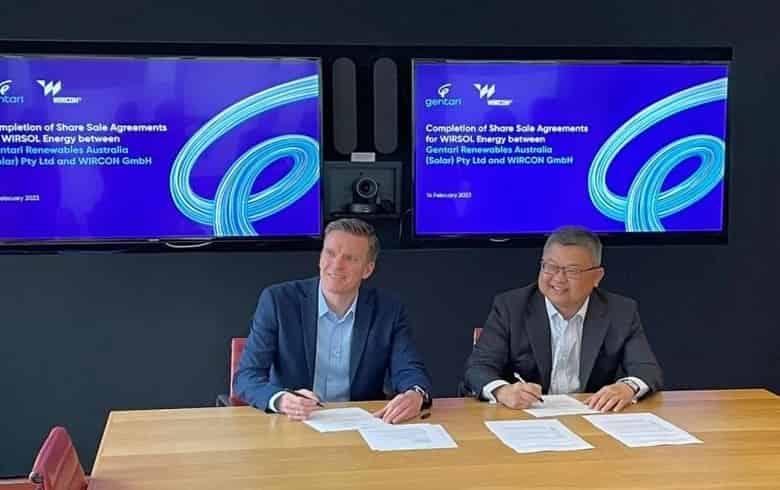
-It’s time to embrace complementarity
Mechanical recycling needs chemical recycling- and vice versa
We cannot meet our climate goals without addressing plastic waste. According to a sobering new report from the Ellen MacArthur Foundation, businesses and governments worldwide are unlikely to deliver on their ambitious targets.
Credible, ambitious plans are needed from businesses to scale reuse, deal with the issue of flexible packaging and reduce the need for single-use packaging.
And the plastics industry says there is a way to help solve the crisis of plastic waste plaguing the planet’s oceans, beaches and lands – recycle it chemically.
Supposing the billions in investments announced by brand owners and petrochemical companies over the last year are appropriate indicators, ground-breaking solutions to the plastic recycling challenge appear right around the corner. In truth, there is work to be done. But we are doing that work. Recycled PET – Zero-CO2-car

-European Parliament approves zero CO2 for new cars and vans in 2035
The European Parliament approved the new CO2 emissions reduction targets for new passenger cars and light commercial vehicles, part of the “Fit for 55” package. With 340 votes in favor, 279 against and 21 abstentions, MEPs endorsed the deal reached with the Council on revised CO2 emission performance standards for new cars and vans in line with the EU’s increased climate ambition. Recycled PET – Zero-CO2-car
The new legislation sets the path towards zero CO2 emissions for new passenger cars and light commercial vehicles in 2035 (an EU fleet-wide target to reduce CO2 emissions produced by new cars and vans by 100% compared to 2021).
Intermediate emissions reduction targets for 2030 are set at 55% for cars and 50% for vans.
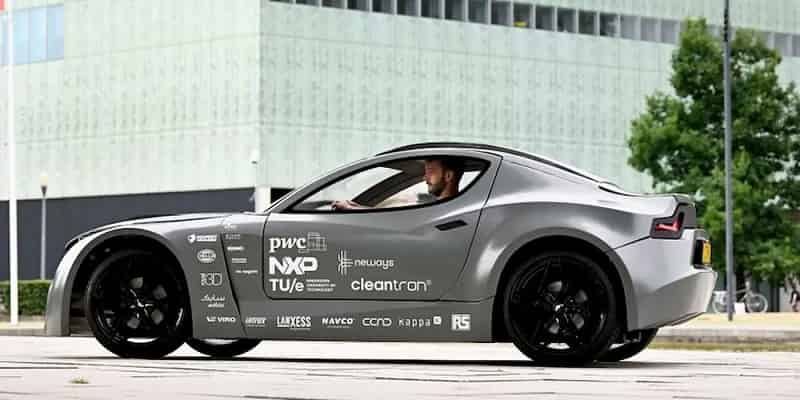
-RePEaT licenses polyester chemical recycling tech to Zhejiang Jianxin
RePEaT Co has signed a deal to license its chemical recycling technology for polyester products to China’s Zhejiang Jianxin Jiaren New Materials Co, parent firm Teijin said.
RePEaT is a joint venture established by Japanese firms Teijin, JGC Holdings Corp and ITOCHU Corp to license recycling technology based on Teijin’s expertise in dimethyl terephthalate (DMT), Teijin said in a statement. Recycled PET – Zero-CO2-car
“RePEaT will provide a technology that uses the organic compound DMT for the chemical decomposition, conversion and then repolymerisation of polyester (PET),” the company said.
“Zhejiang Jianxin will use the technology in a polyester-product recycling plant it plans to start up in Shaoxing, Zhejiang province next year,” it added.
Financial details of the deal were not disclosed.
We remind, Teijin Frontier Co., Ltd., the Teijin Group’s fibers and products converting company, announced that its core base for polyester fiber manufacturing, Teijin Polyester (Thailand) Limited (TPL), launched a cutting-edge automated facility for the highly efficient production of polyester filaments. Recycled PET – Zero-CO2-car
